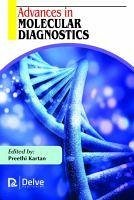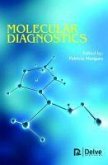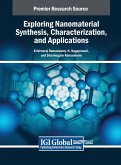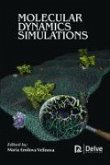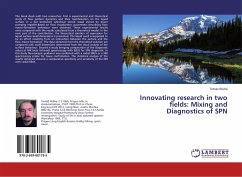The human genome study and genetics have emerged as a key concept and important aspect of public health and medicines. The complete characterization of genetic disorders and other related diseases can offer valuable information regarding the diagnosis of the patients. Moreover, the familial mutation identification, may lead to proper genetic counseling within families that may prevent genetic disorders in future pregnancies through possible preimplantation genetic diagnosis or prenatal diagnosis. In recent years the area of clinical molecular diagnostics has evolved considerably with the advances in fundamental research and technologies of human genetics. Earlier, the researchers used to depend on preliminary techniques to assess genetic mutations. Over the years more and more assay techniques were implemented for better utilization of clinical molecular diagnostic. Previously, the assays were usually targeted to more common disorders like cystic fibrosis and hemoglobinopathies using methods linked indirectly to mutation detection by linkage and haplotype analyses. These processes were very laborious, requiring a large amount of DNA from the patients and extensive knowledge of the region of the genome in question. Even then the results acquired were not very easily interpretable. However, those earlier analysis methods given the much-needed foundation for the molecular diagnostics and several of such techniques are still in use. The molecular diagnostic techniques got revolutionized with the advent of PCR or polymerase chain reaction which was first introduced by Mullis et al., 1986. It has the capability to produce numerous copies of any region of the target DNA enabling faster analysis as well as direct identification of mutations. In no time the earlier assays were modified to integrate the use of DNA amplified using PCR instead of the genomic DNA. Gradually, the assays dependent on allele-specific detection are developed into systems with high-throughput allowing larger scale analysis of patient samples. The discovery of PCR also enabled laboratories to identify rare disorders, along with the most common ones.In this regard, the NGS or next-generation sequencing methods are fetching more and more attention. But, the most common method for analysing many genetic disorders seems to be automated Sanger sequence analysis and is used in most of the molecular diagnostic laboratories for clinical purposes.The choice of assay, however, depends largely on the alleles or gene of interest and number of patients needed to be screened. In this Book, an attempt is made to offer an insight on the common molecular techniques that are in use and recent advances in molecular diagnostics.
Hinweis: Dieser Artikel kann nur an eine deutsche Lieferadresse ausgeliefert werden.
Hinweis: Dieser Artikel kann nur an eine deutsche Lieferadresse ausgeliefert werden.

